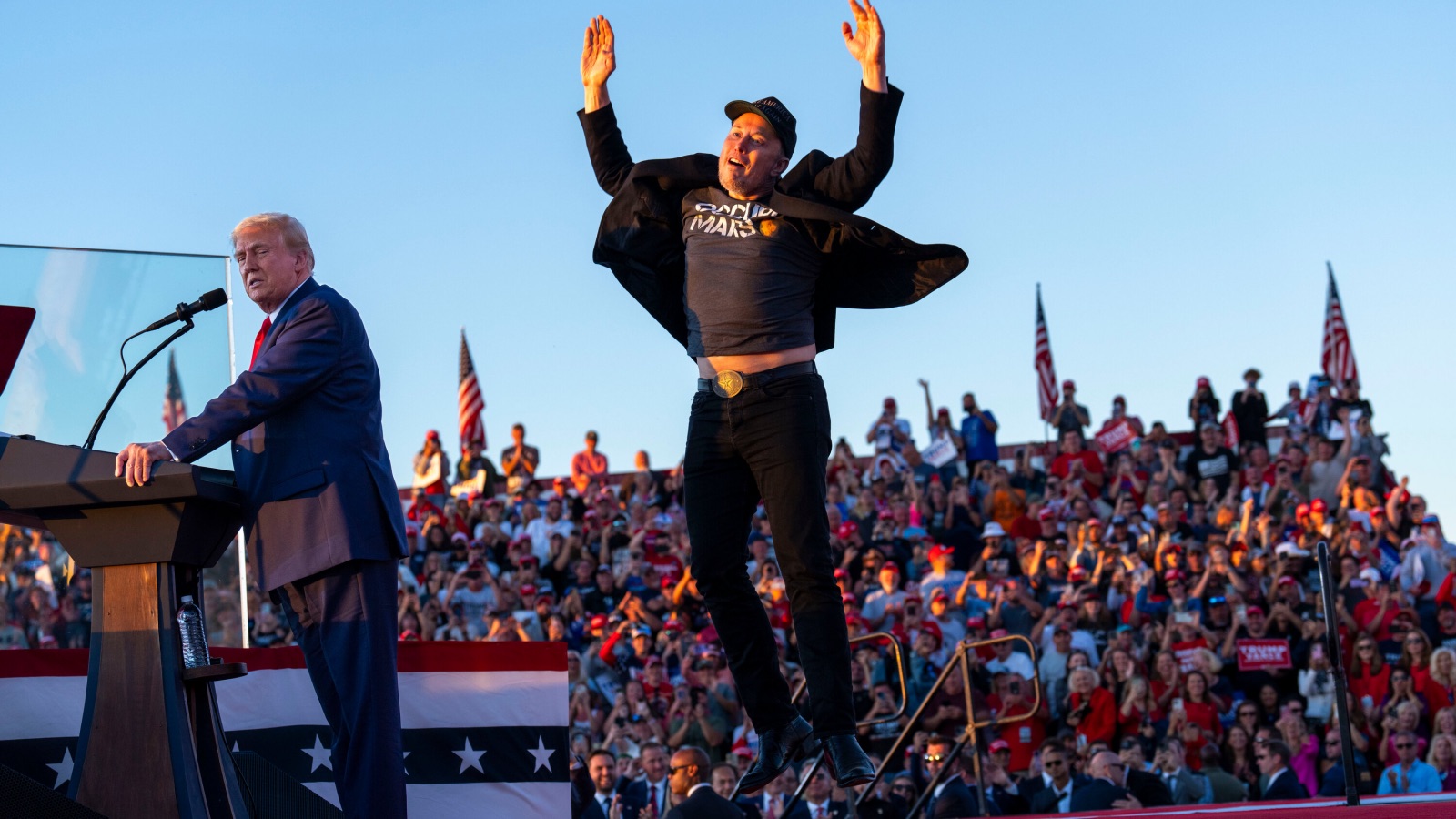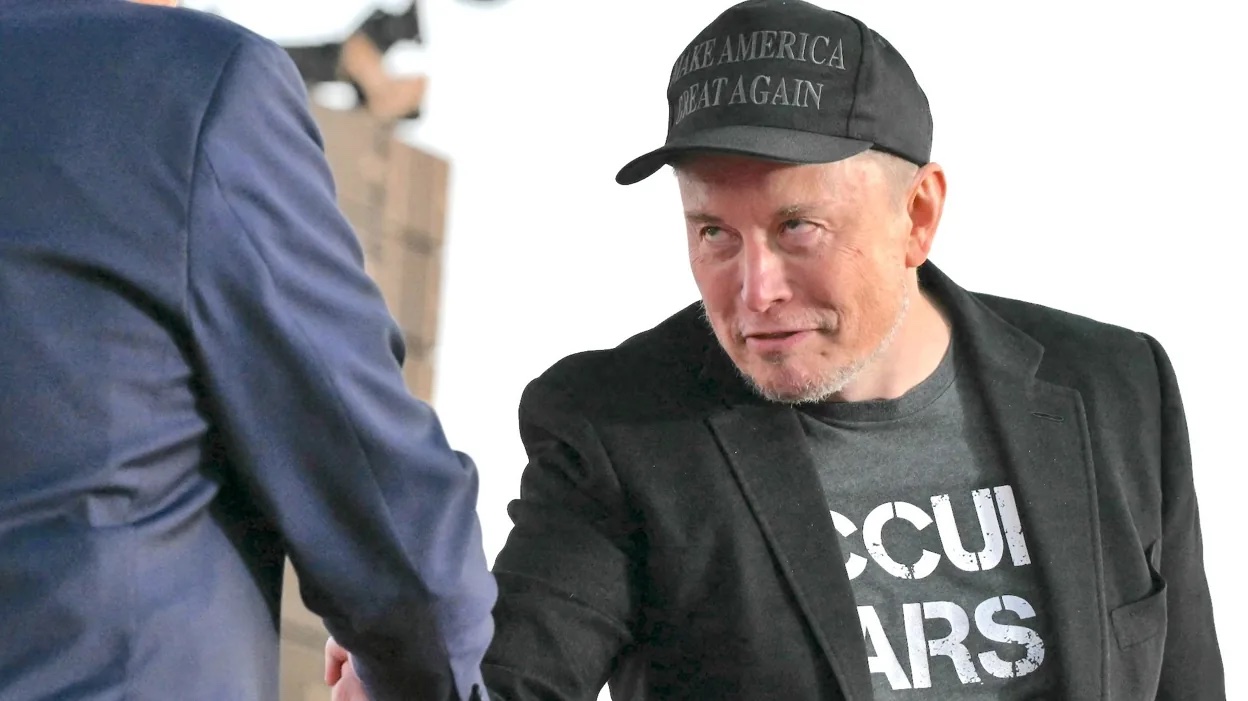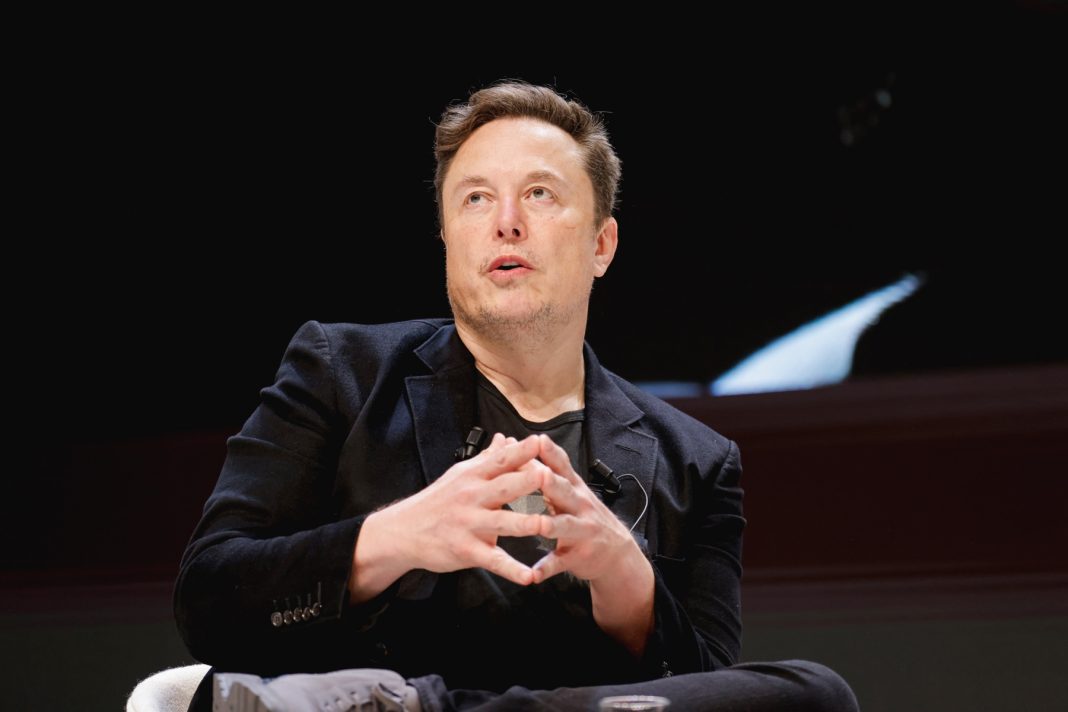WASHINGTON DC, USA – In a recent report, The Washington Post revealed that Elon Musk, founder of Tesla, SpaceX, and X (formerly Twitter), began his career in the United States while lacking legal authorisation to work, potentially violating the terms of his student visa.
According to the report, Musk entered the U.S. as a South African-born student with Canadian citizenship and initially studied at the University of Pennsylvania on a student visa.
When he moved to Silicon Valley in 1995, intending to enrol at Stanford University, Musk pivoted to launching his startup, Global Link Information Network, later renamed Zip2, without ever enrolling at the university, rendering his visa status void.
Former immigration attorney Leon Fresco explained that Musk’s decision to leave school to focus on his business likely constituted a violation of U.S. immigration law.

Doug Mills/The New York Times
“If you do anything that helps to facilitate revenue creation, such as design code or try to make sales…then you’re in trouble,” Fresco told The Post.
Concerns over Musk’s legal status reportedly led early investors to seek immigration advice to prevent his potential deportation.
Mohr Davidow Ventures, a major investor, included a clause in its funding agreement requiring Musk and his team to obtain legal work authorization within 45 days.
I’m told anyone who was ever here illegally should be deported.
This is how it works, right? Or is that just for brown people? https://t.co/IYpWa4Hck3
— Rick Wilson (@TheRickWilson) October 27, 2024
The Musk Brothers’ Immigration Struggles
Musk’s brother, Kimbal, also faced similar hurdles.
According to the report, Kimbal, who initially worked alongside Musk at Zip2, was previously denied U.S. entry for working illegally.
![Kimbal Musk attends the Los Angeles Premiere of "The Game Changers" Documentary at ArcLight ... [+]Getty Images for "The Game Changers"](https://www.thetrentonline.com/wp-content/uploads/2024/10/Kimbal-Musk-at-the-premier-of-The-Game-Changers-copy1.jpg)
Determined to join Musk for an investor meeting, Kimbal reportedly crossed the Canadian border with a friend, falsely claiming they were attending a taping of The David Letterman Show.
Ira Kurzban, a prominent immigration lawyer, commented on the matter, stating, “That’s fraud on entry,” which could permanently bar someone from U.S. entry without a waiver.
The Post revealed that Musk admitted in a 2005 email to Tesla co-founders that he “had no legal right to stay in the country” and used Stanford’s student visa opportunity as a way to resolve both financial and immigration challenges.
Implications for Musk’s Current Immigration Status
Musk became a U.S. citizen in 2002, yet his early immigration struggles raise questions about potential implications.
While it is unclear whether Musk disclosed his immigration history in his citizenship application, false statements in such applications can serve as grounds for revocation.

Immigration law experts note that details of Musk’s history could be revisited under specific legal circumstances.
The revelations come at a time when Musk, now one of the world’s richest men, has publicly supported former President Donald Trump’s anti-immigration stance.
Trump, who has advocated for mass deportations, has previously clashed with Musk over regulatory matters and business interests.
Musk’s past statements acknowledging his “gray area” immigration status underscore the complex and often contentious experiences of entrepreneurial immigrants in the U.S.







